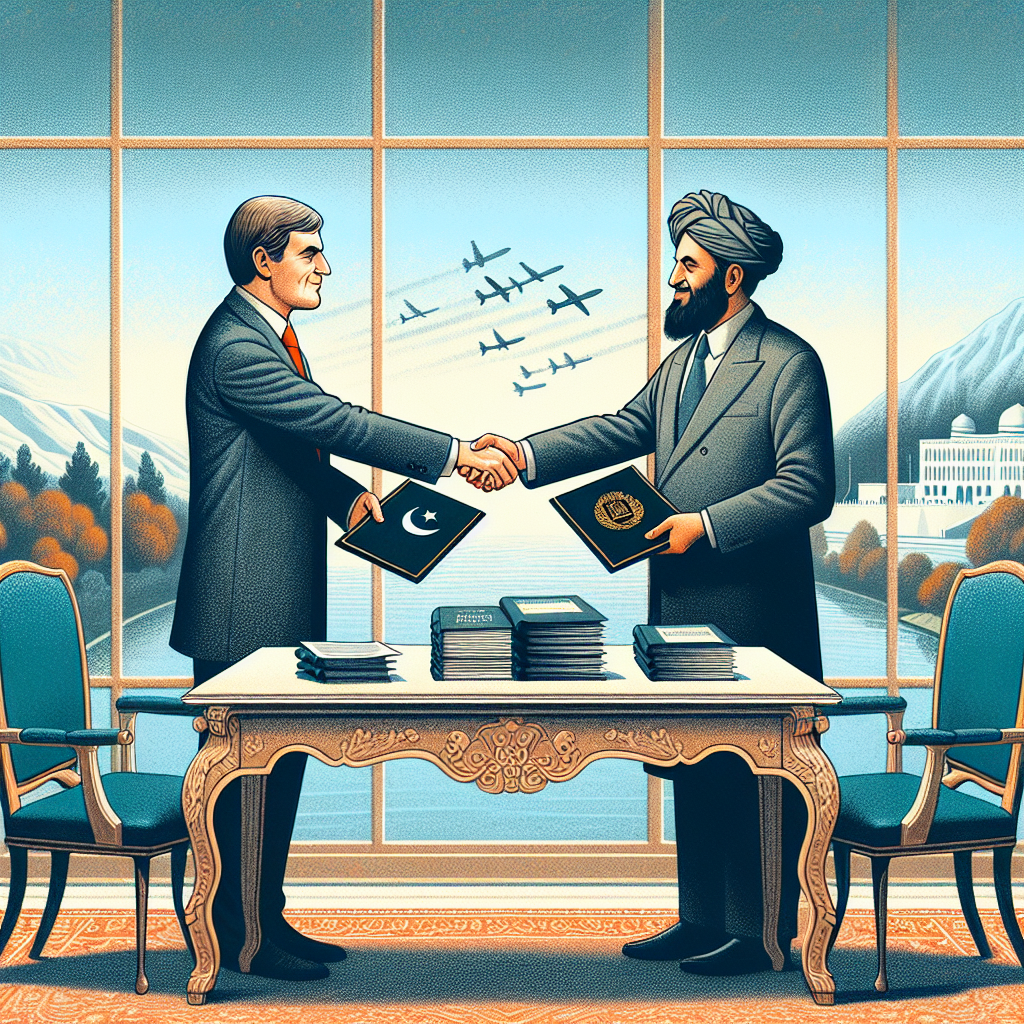ICC Seeks Arrest Warrants for Two Taliban Leaders
ICC Issues Arrest Warrants for Taliban Leaders: Key Developments and Implications
Introduction
The International Criminal Court (ICC) has taken a significant step by issuing arrest warrants for two prominent Taliban leaders. This move underscores the ongoing international efforts to address alleged war crimes and human rights violations in Afghanistan.
Background
The ICC’s decision comes amid increasing scrutiny of the Taliban’s actions since their takeover of Afghanistan. The court aims to hold accountable those responsible for serious violations of international law.
Details of the Arrest Warrants
- The warrants target two senior Taliban figures, whose identities have not been disclosed in the article.
- They are accused of committing war crimes and crimes against humanity.
- The charges include acts of violence against civilians and other serious offenses.
International Reactions
The issuance of these warrants has elicited varied responses from the international community:
- Some countries and human rights organizations have welcomed the move, viewing it as a step towards justice.
- Others have expressed concerns about the potential impact on diplomatic efforts and peace negotiations in the region.
Implications for Afghanistan
The ICC’s actions could have significant implications for Afghanistan’s political landscape and its relations with the international community:
- It may influence the Taliban’s engagement with international bodies and governments.
- The warrants could affect ongoing peace talks and efforts to stabilize the region.
Conclusion
The ICC’s decision to issue arrest warrants for two Taliban leaders marks a pivotal moment in the pursuit of accountability for alleged war crimes in Afghanistan. While it highlights the international community’s commitment to justice, it also poses challenges for diplomatic relations and peace efforts in the region.






